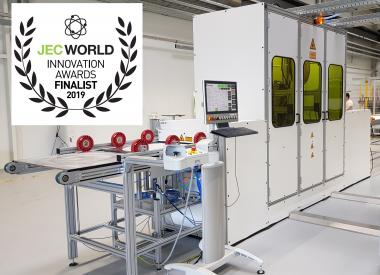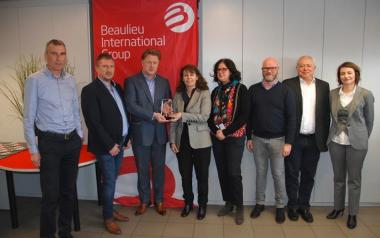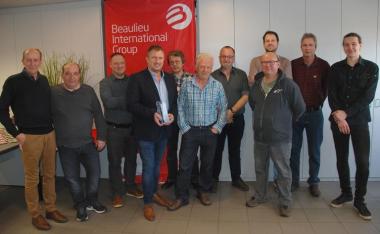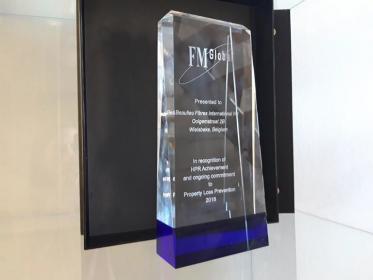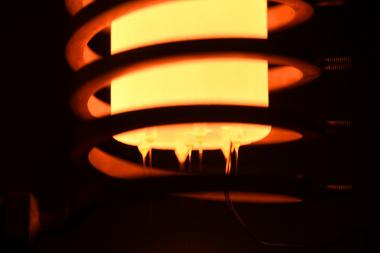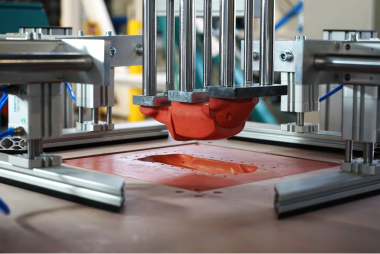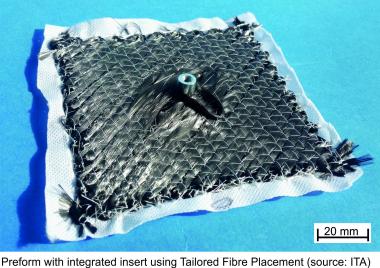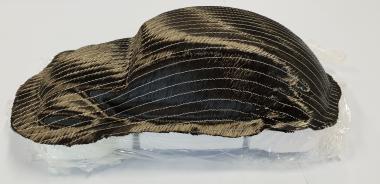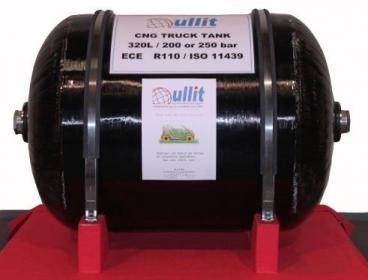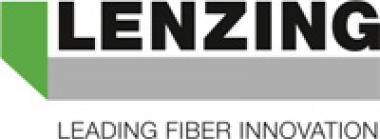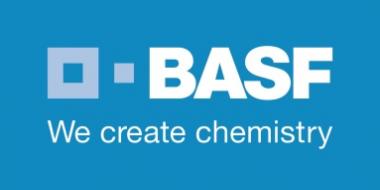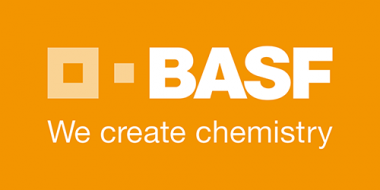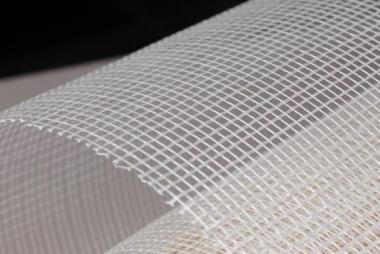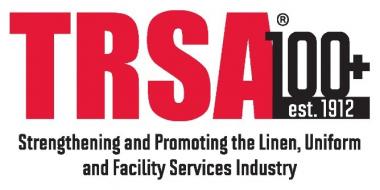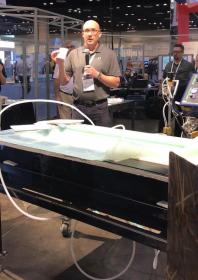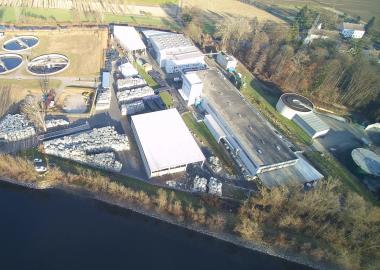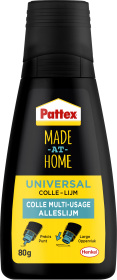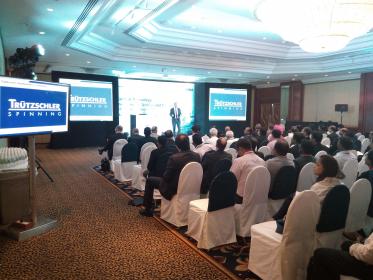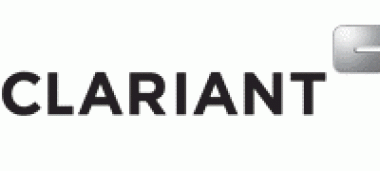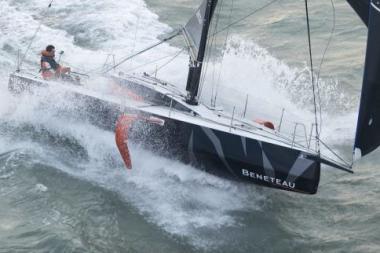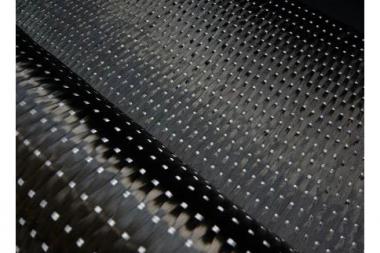AZL demonstrates new Ultra-Fast Consolidator Machine at JEC World in Paris
After many years of successful cooperation on JEC World since 2015, the Aachen Center for Integrative Lightweight Production (AZL) renewed the cooperation with the JEC Group for 2019:
At the dedicated exhibition area called “Composites in Action - JEC Group in partnership with AZL” (Hall 5A, D17), AZL and its 9 Partner Institutes of RWTH Aachen University present their latest research and development results. The innovations covering the whole composite value chain including research results of AZL, Fraunhofer Institute for Production Technology IPT and Fraunhofer Institute for Laser Technology ILT, the Institute of Plastics Processing (IKV) in Industry and the Skilled Crafts as well as RWTH Aachen University institutes including the Laboratory for Machine Tools and Production Engineering (WZL), the Welding and Joining Institute (ISF), the “Institut für Textiltechnik” (ITA), the Institute for Automotive Engineering (IKA), the Institute of Structural Mechanics and Lightweight Design (SLA). Following companies are sponsoring partners of this booth and will present their latest products and services: Hille Engineering, Maru Hachi, TELENE and Textechno.
This year, AZL is very proud to present a new machine system development at their booth:
The real machine setup of the “Ultra-Fast Consolidator Machine” will be shown at the AZL booth (Hall 5A, D17) which is one of three finalists for the JEC AWARD 2019 in the category “Industry and Equipment”.
AZL Aachen GmbH


